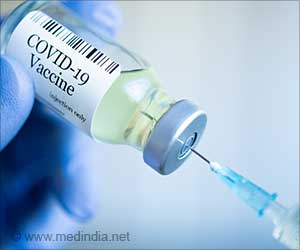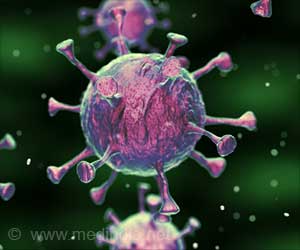
Relationship between blood clots and COVID-19 vaccines: A literature review
Go to source). Covishield, a product of collaboration between AstraZeneca and Oxford University, gained widespread usage, particularly in countries like India, where it was produced by the Serum Institute. However, recent revelations have cast a shadow over its safety profile.
‘Did You Know?
Over 50 lawsuits against AstraZeneca reveal the gravity of Covishield's risks. #vaccine #covishield #astrazeneca #covid #medindia’
Tweet it Now
Over 50 lawsuits against AstraZeneca reveal the gravity of Covishield's risks. #vaccine #covishield #astrazeneca #covid #medindia’
The Rare Side Effect of Covishield
AstraZeneca has disclosed that Covishield can, in rare instances, result in a condition known as Thrombosis with Thrombocytopenia Syndrome (TTS). This condition manifests as blood clots accompanied by a low platelet count, posing serious health risks to recipients. While emphasizing the rarity of these occurrences, the acknowledgment underscores the need for thorough monitoring and assessment of vaccine safety.The admission by AstraZeneca comes amidst a class-action lawsuit filed in the UK, where plaintiffs allege severe injuries and fatalities linked to the vaccine. With as many as 51 cases being brought before the UK High Court, the company faces substantial financial claims amounting to millions of pounds. The lawsuit highlights the gravity of the situation and raises questions about the accountability of pharmaceutical companies in ensuring the safety of their products.
Legal Implication
One of the prominent cases involves Jamie Scott, who claims to have suffered permanent brain injury due to a blood clot induced by the Covishield vaccine. AstraZeneca's acknowledgment of TTS in court documents adds weight to Scott's allegations and opens the door for potential compensations to victims and their families. This development marks a significant departure from the company's previous stance and underscores the evolving understanding of vaccine-related risks.AstraZeneca's acknowledgment of Covishield's potential to cause TTS stands in contrast to its earlier position, wherein it refuted claims of a causal link between the vaccine and the rare syndrome. This U-turn raises questions about the reliability of initial assessments and underscores the dynamic nature of scientific understanding in the face of emerging evidence. The emergence of vaccine-induced immune thrombocytopenia and thrombosis (VITT), believed to be a subset of TTS, underscores the complexity of vaccine-related adverse events. While scientists have identified a potential association between Covishield and VITT, AstraZeneca's response appears to downplay this correlation. This discrepancy underscores the need for transparent communication and collaborative efforts to address public concerns and ensure vaccine safety.
AstraZeneca's admission regarding Covishield's rare side effects marks a significant development in the ongoing discourse surrounding COVID-19 vaccines. As the global community grapples with vaccine hesitancy and safety concerns, transparency and accountability are paramount. Moving forward, rigorous surveillance, comprehensive risk assessment, and proactive communication are essential to instill confidence in vaccination efforts and safeguard public health.
Advertisement
- Relationship between blood clots and COVID-19 vaccines: A literature review - (https://www.ncbi.nlm.nih.gov/pmc/articles/PMC9055170/)
Source-Medindia










